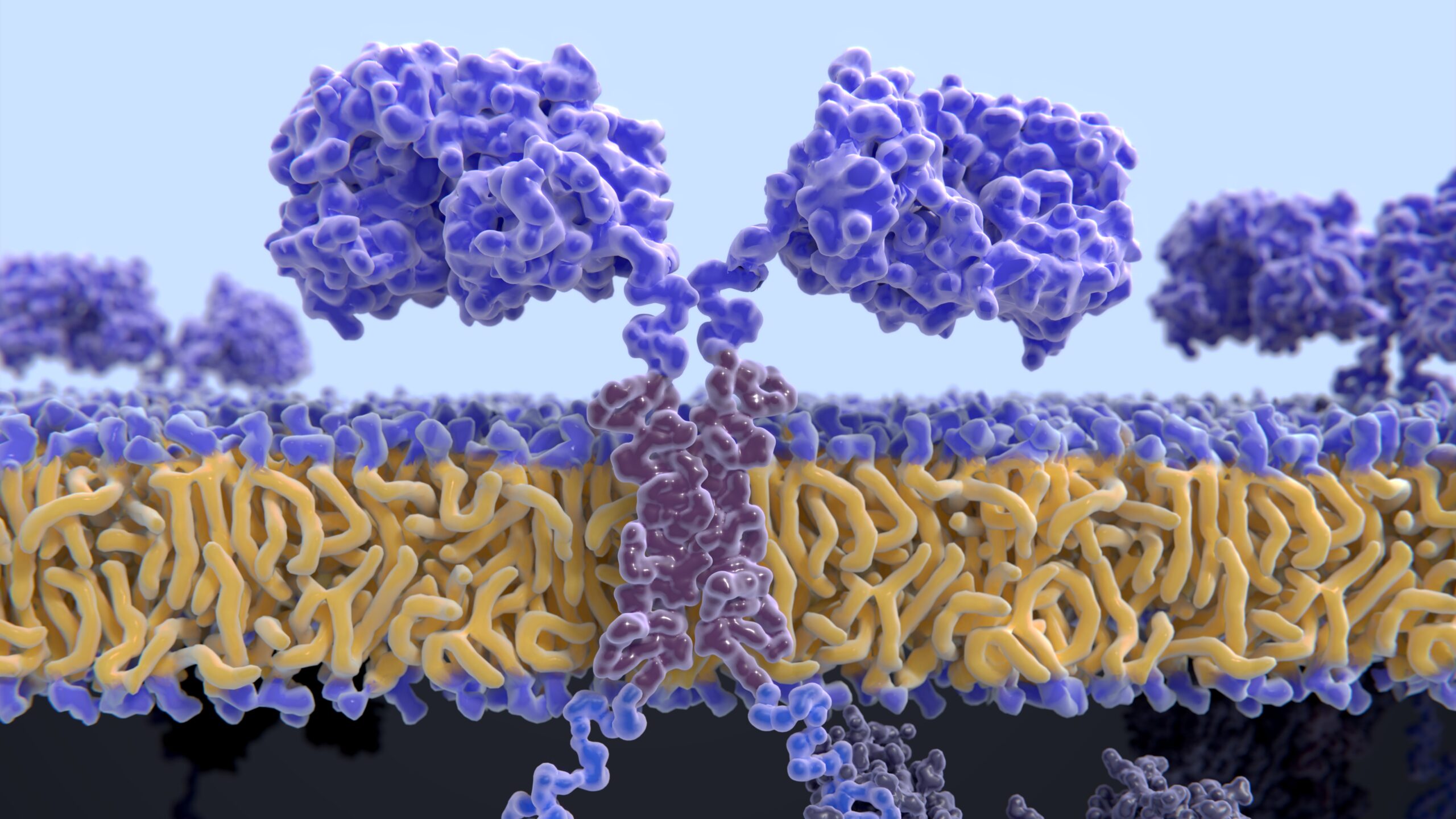
Ras homolog family member A (RHOA)-deficient lymphomas can “demonstrate resistance mechanisms” to certain chimeric antigen receptor (CAR) T-cell therapies, according to research presented at the American Association for Cancer Research (AACR) 2023 Annual Meeting.
While CD19-directed CAR-T therapies are “promising new second-line options” in diffuse large B-cell lymphoma (DLBCL), deletion of RHOA is “strongly associated with poor response” to CD19-directed CAR-T therapy in patients with relapsed or refractory DLBCL, according to the study’s authors.
“In newly diagnosed DLBCL, 20% of patients harbor a RHOA deletion and another 5% have loss-of-function mutations,” they wrote. “To date, no work has comprehensively identified the role of RHOA in DLBCL or how its inactivation may protect CAR-T resistant tumors.”
The researchers created a novel in vivo model of RHOA-deficient lymphoma by transplanting Eμ-Myc transgenic hematopoietic stem cells transduced with a small hairpin RNA (shRNA)-Rhoa vector. They also created a syngeneic model of RHOA-deficient lymphoma with MYC-driven BL3750 cells. They used in vitro flow cytometry and Xcelligence real-time cell analysis experiments to assess cytotoxicity of CD19-directed CAR-T cells against RHOA-deficient lymphoma cell lines.
They conducted RNA sequencing on Rhoa knockdown cell lines to “elucidate cell-intrinsic mechanisms of lymphomagenesis” and performed proliferation and migration assays to characterize the phenotype of RHOA-deficient DLBCL cell lines.
They transplanted 11 mice with shRNA-Rhoa and seven with a control shRNA construct and monitored them for lymphoma development.
In vitro experiments showed that “while RHOA-deficient cells demonstrate a similar degree of killing initially, a population of RHOA-deficient cells persists and enrich at later time points,” the researchers wrote.
An RNA sequencing analysis of A20 shRNA-Rhoa murine lymphoma cells “uncovered enrichment of gene sets associated with cell-cycle progression and interferon signaling pathways,” according to the researchers. A cell proliferation assay and western blot of RHOA-inactivated cell lines “revealed increased proliferation” in shRNA-Rhoa cells through the /mammalian target of rapamycin pathway, compared with control cells.
“RHOA-deficient lymphomas, while not entirely evading CAR-19 cells in vitro, demonstrate resistance mechanisms that allows a small population to persist,” they wrote. “RNA [sequencing] analysis reveals upregulated oncogenic and immunoinhibitory pathways, consistent with in vitro cell proliferation and Western blot assays.”
The researchers plan to build upon the study’s results with additional experiments.
“Further research will challenge in vivo RHOA-deficient tumors with [CD19-directed CAR-T] cells and employ [single-cell RNA sequencing] to reveal transcriptomic changes within RHOA-deficient lymphoma responsible for [CD19-directed CAR-T],” they wrote.
Reference
Newsam A, Goretsky Y, Roberts E, et al. Characterization of RHOA inactivation as a driver of CAR-T therapy resistance in diffuse large B-cell lymphoma. Abstract 1771. Presented at the American Association of Cancer Research; April 14-19, 2023; Orlando, Florida.


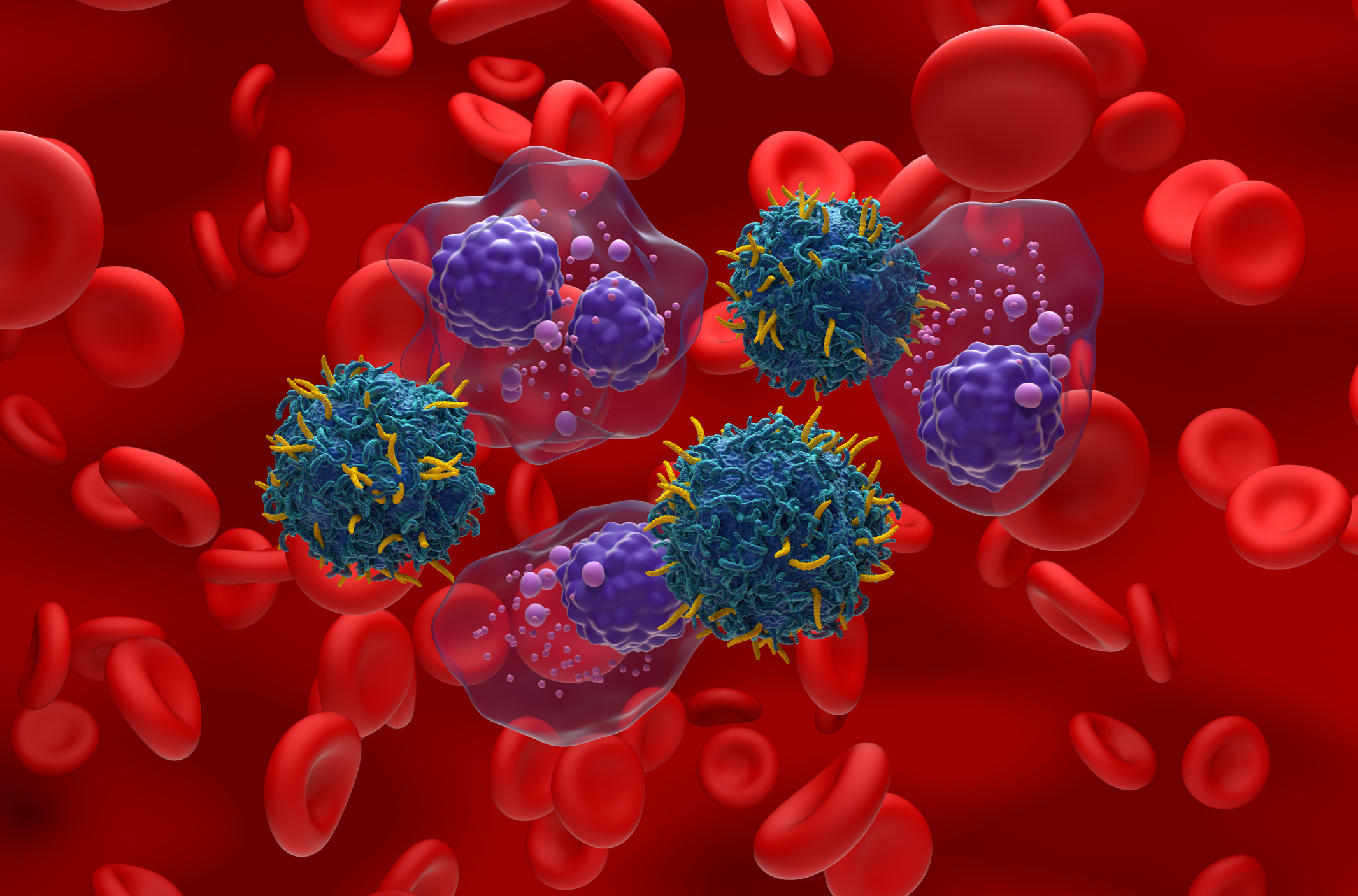
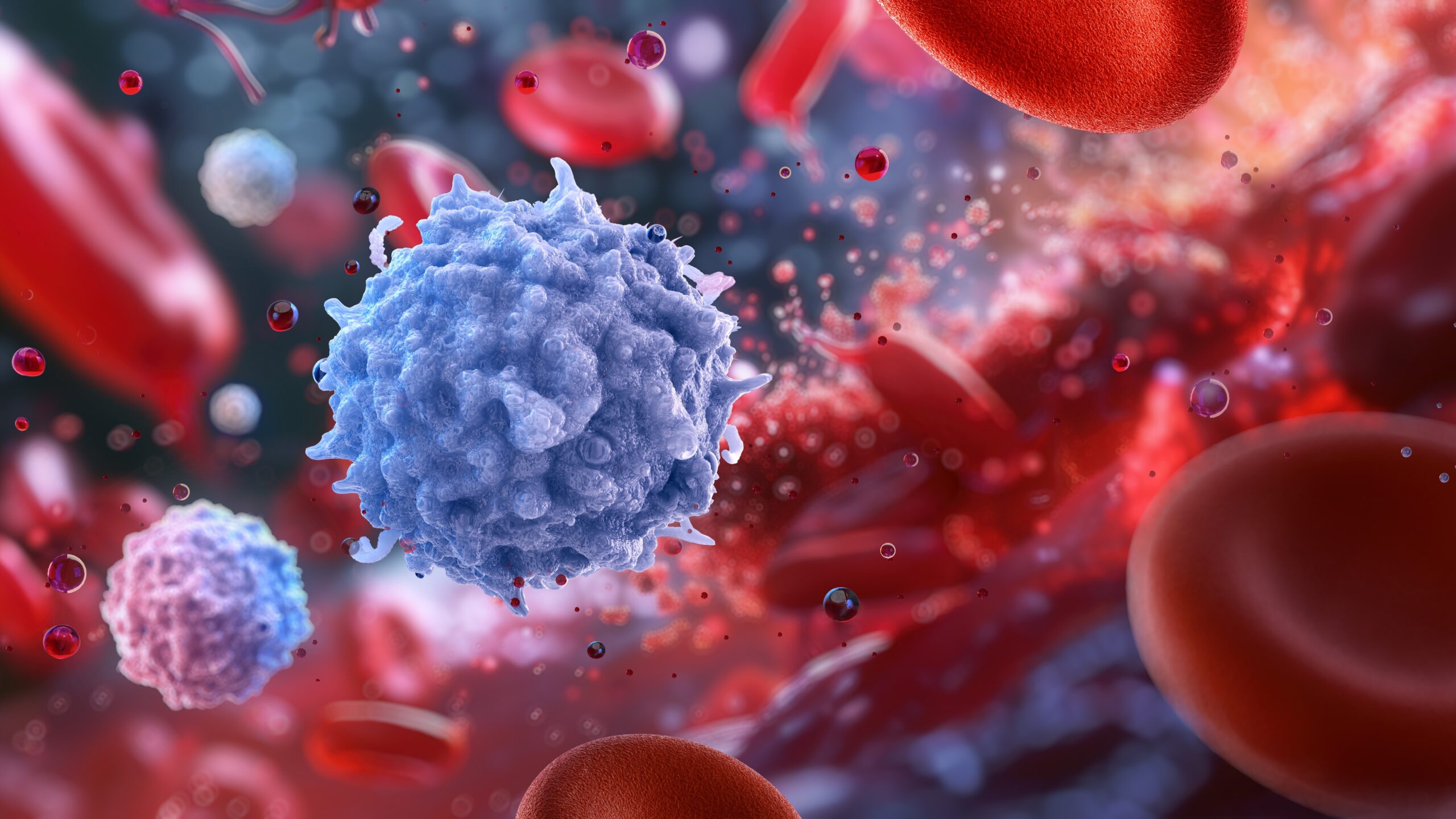
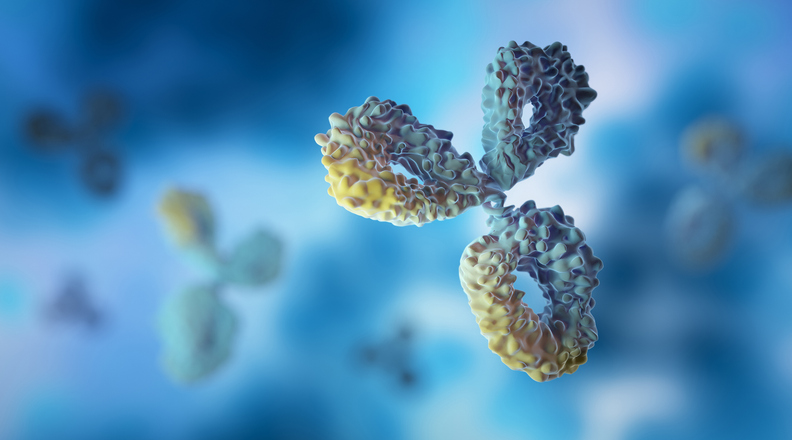
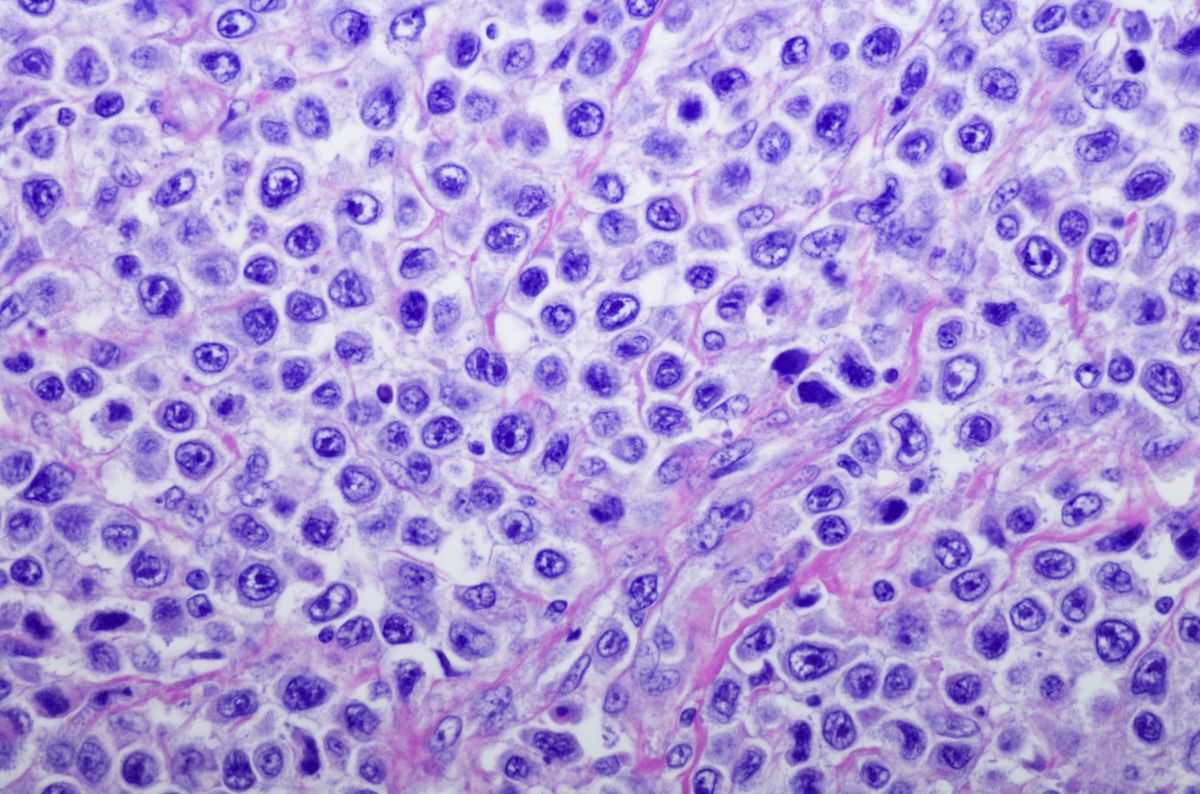
 © 2025 Mashup Media, LLC, a Formedics Property. All Rights Reserved.
© 2025 Mashup Media, LLC, a Formedics Property. All Rights Reserved.